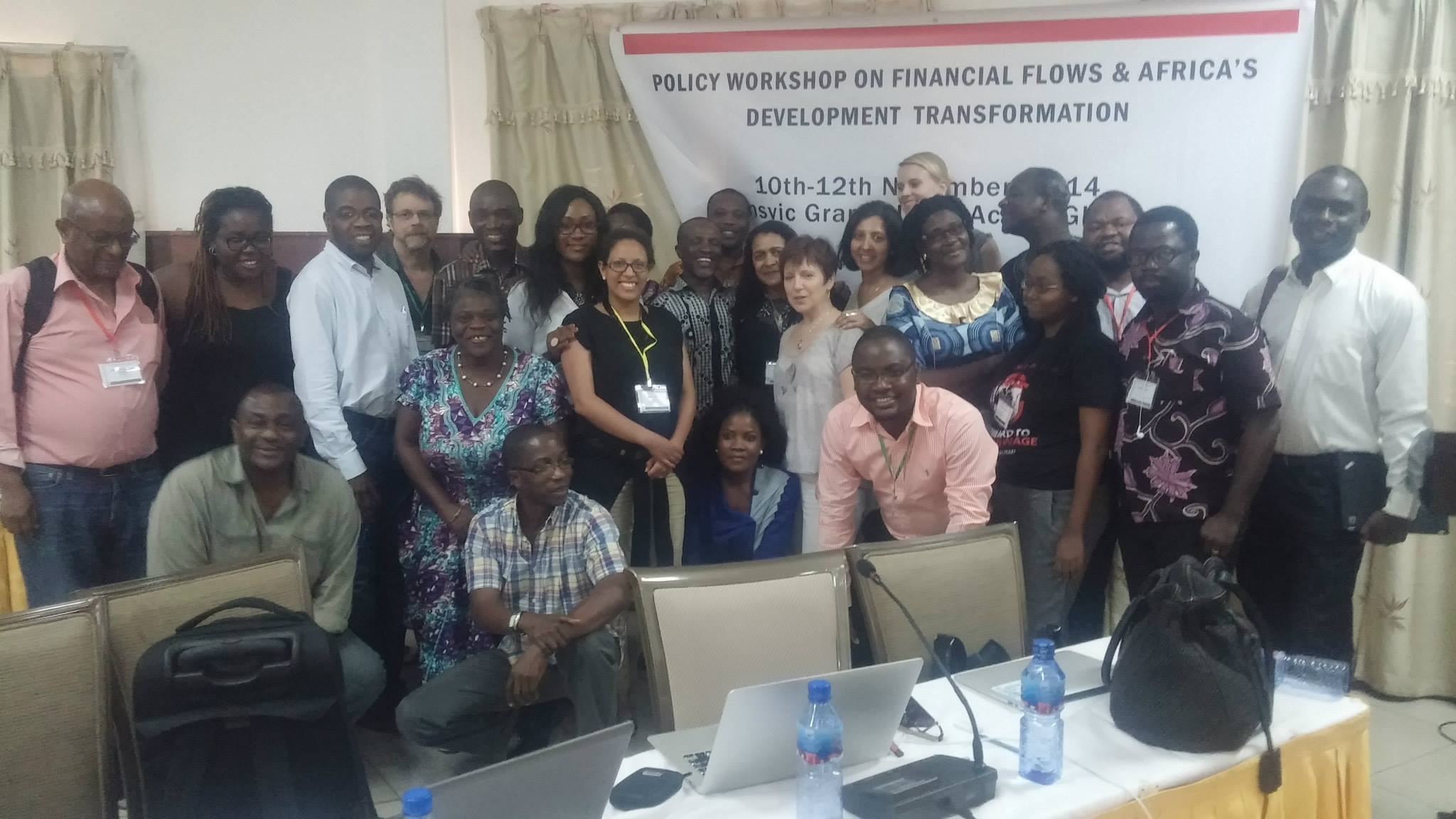Over a five day workshop, West African civil society leaders, trade union representatives, policy makers, and UNECA officials shed light on the implementation challenges of the Africa Mining Vision (AMV) and the ECOWAS Minerals Development Policy (EMDP). Convened by the Third World Network-Africa, the discussions located the frameworks in the broader context of economic reforms during the 1980s. The privatization of state-owned enterprises, market liberalization, and the deregulation of foreign investors saw an increase in foreign direct investment in the extractives sector and the subsequent expansion of mineral output and export. However, the lack of broad-based development despite economic growth and the negative environmental and human rights impacts on mining communities made evident the need for a multi-stakeholder approach to regulate and harness the mining sector for wider societal benefit. To that end, the continental AMV and sub-regional EMDP aim to reform mineral sector governance to ensure more favorable returns to host countries and mining communities.
Taking place in the lead up to post-2015 negotiations and the Third International Conference on Financing for Development, participants reflected on the implementation of the AMV and EMPD in the context of its development goals. They called for a broader understanding of development including gender justice, regulation and accountability mechanisms, multi stakeholder participation, and fiscal reform. On a national level, this necessitates the active participation of the state in the mining sector through both regulation and ownership. On a regional and global level, the relationship between African states, multinational companies, and countries of the North must be reconfigured.
Regions Refocus supported a feminist caucus in this meeting, which emphasized the links between gender and extractivism, and consolidated their analysis in a statement outlining strategies for this reconfiguration and structural transformation, including for “states to provide laws and policies to redistribute surplus, reinvest in the productive sector, and protect human and women’s rights.” Participants – including government representatives present from all nine members of the sub-regional EMDP – agreed on a common advocacy strategy for the ongoing post-2015 negotiations.








